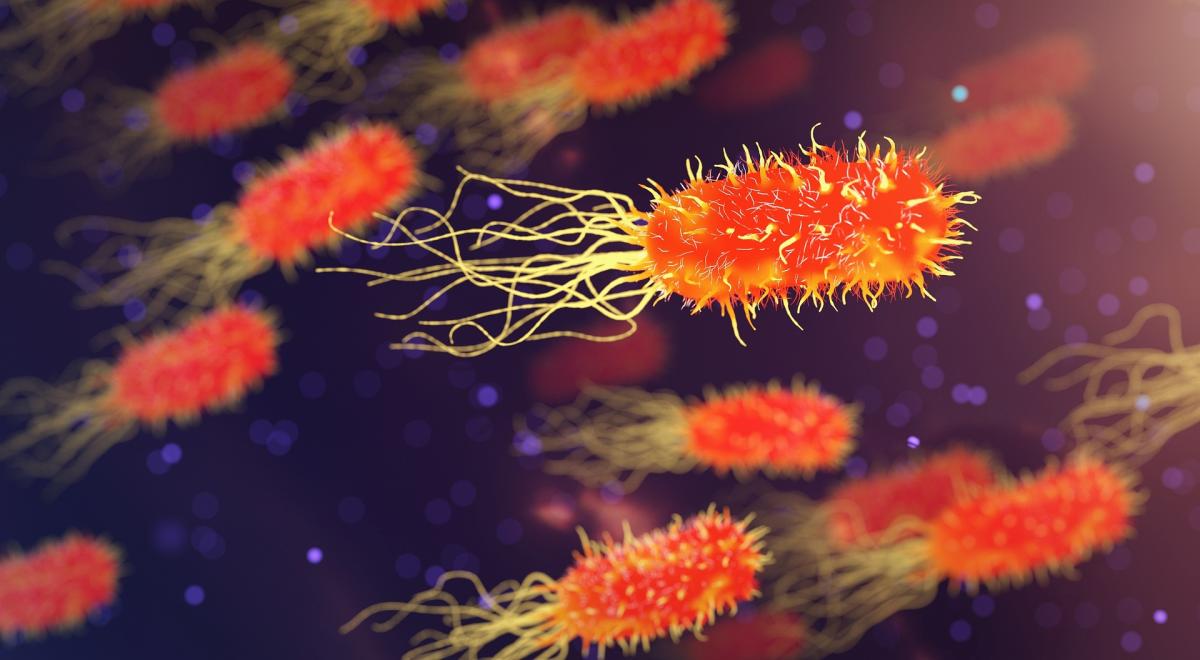Grades:
6th Grade
In this lesson, students will learn about simple circuits, then create a simple circuit using copper tape, LED's, and batteries. Finally, they will construct a 3D model of a haunted house and use
Grades:
5th Grade
In this activity, students will make a model of the planets in the solar system and specifically model their distances to scale. Materials: Model of the Solar System-plastic 3D model String Push pins
Grades:
3rd Grade, 4th Grade, 5th Grade, 6th Grade, 7th Grade, 8th Grade, 9th Grade, 10th Grade, 11th Grade, 12th Grade
In this hands-on lesson, students use the engineering design process (EDP) to create a prototype of a device that can prevent squirrels from accessing a bird feeder. This is a great way to integrate
Grades:
6th Grade, 7th Grade, 8th Grade
This lesson plan will introduce students to the basics of 3D modeling and design using Tinkercad and allow them to apply their skills to create a model car. It will also help them develop their
Grades:
6th Grade
Students will plant and observe plants from seed to full germination while making observations on growth in this engaging lesson. This will be done using a science notebook to record germination
Grades:
2nd Grade
Students will design and build the tallest tower/structure using candy/marshmallows and toothpicks.
Featured
Mosquito Management
Grades:
3rd Grade, 4th Grade, 5th Grade
This lesson takes place in as classroom for one or more 60 minute class periods. The data collection portion may continue for 2+ weeks (or whatever time frame you decide). An emphasis is placed on the
Grades:
5th Grade
This is the second lesson in the series of lessons comparing how garden growing techniques determine plant growth/production. In this lesson, students will research the best types of plants to grow
Grades:
2nd Grade
Lesson Summary: 2nd Grade students listen to the story; Sadie Sprocket Builds a Rocket and reflect how they would create and design a space lander/rover. We watch the video; Curiosity; Mars Rover and
Grades:
7th Grade
This lesson plan is written for 7th grade science but can be modified to be used with any age group. Students will create petri dishes and will collect samples from bathrooms. Students will then
Grades:
7th Grade
In this 1st lesson in a series of 2, students will analyze features of water cups for how effective they are at keeping our water cold while we are at school. Students will then use this knowledge to
Grades:
3rd Grade, 4th Grade, 5th Grade, 6th Grade
Over two days students will build lego mazes to code their Sphero minis through. Materials needed are; the planning page, legos, Sphero minis, Sphero EDU App, iPads, and Lego build plates.
Grades:
1st Grade
This lesson is based on Goldilocks and the Three Bears story. Students will focus on building a chair where a pound of dumbbell will be used to test the durability of the chair because in the story
Grades:
6th Grade, 7th Grade, 8th Grade, 9th Grade
Students will create Rube Goldberg machines from simple machines in this engaging lesson. The teacher can determine materials such as wooden planks, paper towel rolls, bottle caps, marbles, cardboard
Grades:
8th Grade
This activity can be classified as Performance Based Learning. Student teams take on the role of engineers as they redesign existing packaging that is already in the market. The math focus is on
Grades:
4th Grade
This is lesson one for a unit plan on circuitry. In this challenge, students will be tasked with planning, designing, and testing both open and closed circuits. To make things more interesting, they
Grades:
4th Grade, 5th Grade
This lesson teaches students about lines, angles, measuring and naming angles, using a protractor, and engages students by having them build a catapult and measure best angle for furthest launch.
Grades:
4th Grade, 5th Grade, 6th Grade
List of Materials- Science Notebook, Pencil/Pen, Reflection Questions Summary- Students are reflection and revising their egg drop protectors from the previous lesson. Agenda- Reflect on the first egg
Grades:
5th Grade
Students will individually construct straw rockets. Using the launcher, students will learn the concept of Newton's third law of motion: for every action, there is a equal and opposite reaction
Grades:
3rd Grade, 4th Grade, 5th Grade, 6th Grade, 7th Grade, 8th Grade, 9th Grade, 10th Grade, 11th Grade, 12th Grade
In this engaging lesson, students explore how size, strength, weight and time constraints can impact space transportation. There are a variety of resources included with this lesson.
Grades:
6th Grade, 7th Grade, 8th Grade
Model Building For Disaster is a 4-6 week unit in which students research natural disasters around the world and their effect on developing countries. Following their research, student teams design
Grades:
5th Grade
Students will germinate seeds and record any observations during the process.
Grades:
Kindergarten
Students will be able to observe and recognize that a thermometer is a device that is used to measure a change in temperature.
Grades:
4th Grade
Students will be working together to clean up an oil spill. They will discover what an oil spill is, what causes it, and what the effects are. The simulation is made using tinfoil baking dishes
Featured Lesson Plans
Check out these notable lesson plans.

Featured
mini Sphero mini Golf
Grades:
6th Grade
In this outstanding lesson, students will design and build their own mini golf hole (first on scaled paper, then using cardboard and recycled materials). One obstacle must be made out of a net

Featured
Planarian Regeneration
Grades:
3rd Grade
In this engaging lesson, students will explore human regenerative medicines through the planarian's ability to regenerate. Planarians have specials cells that allow themselves to modify and regrow

Featured
A Very Hungry Robot: Lesson 2
Grades:
1st Grade
In this lesson, students will relate The Very Hungry Caterpillar to a butterfly's life cycle. Students will learn the four main parts of a butterfly's life cycle and then use the indi robot to create
